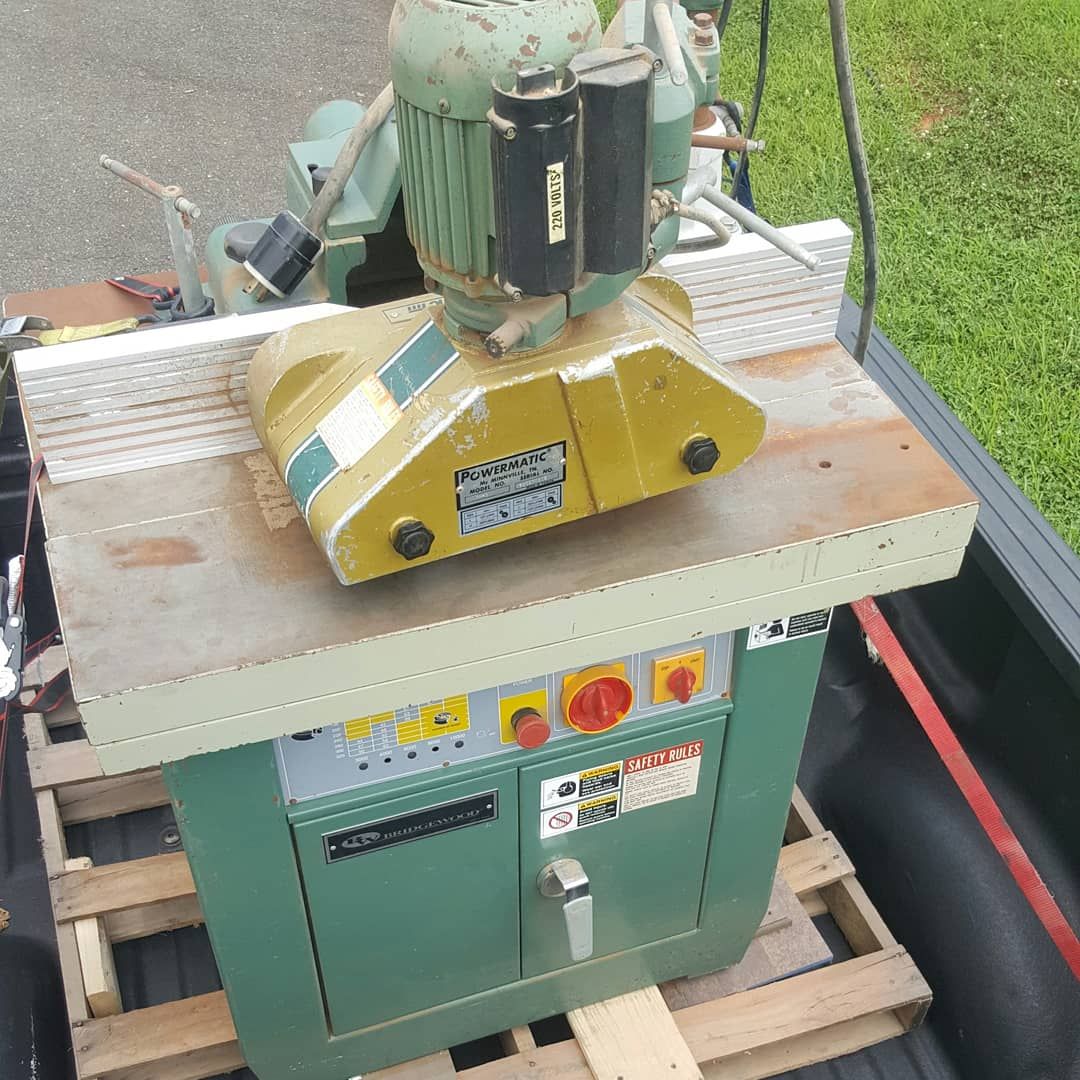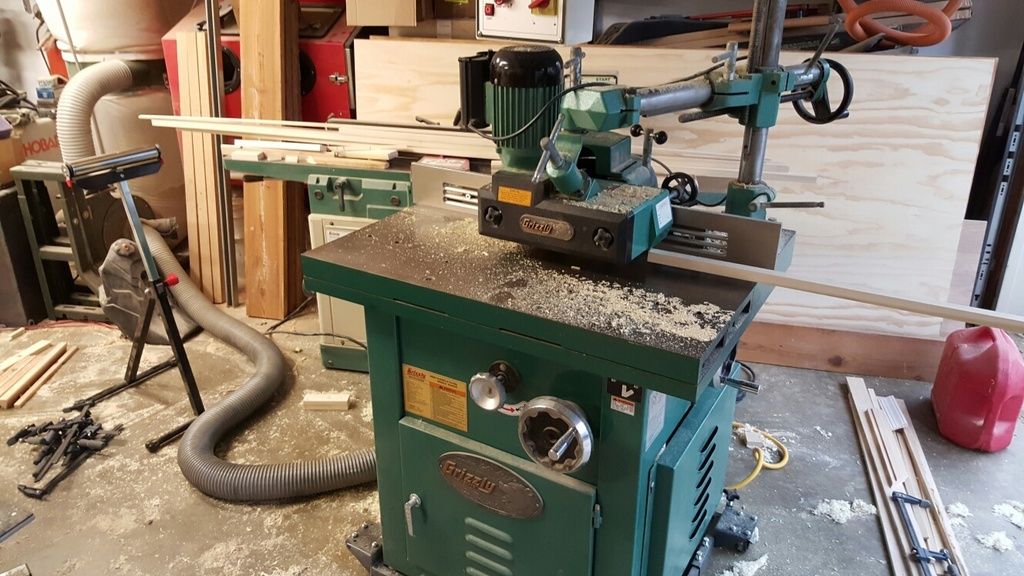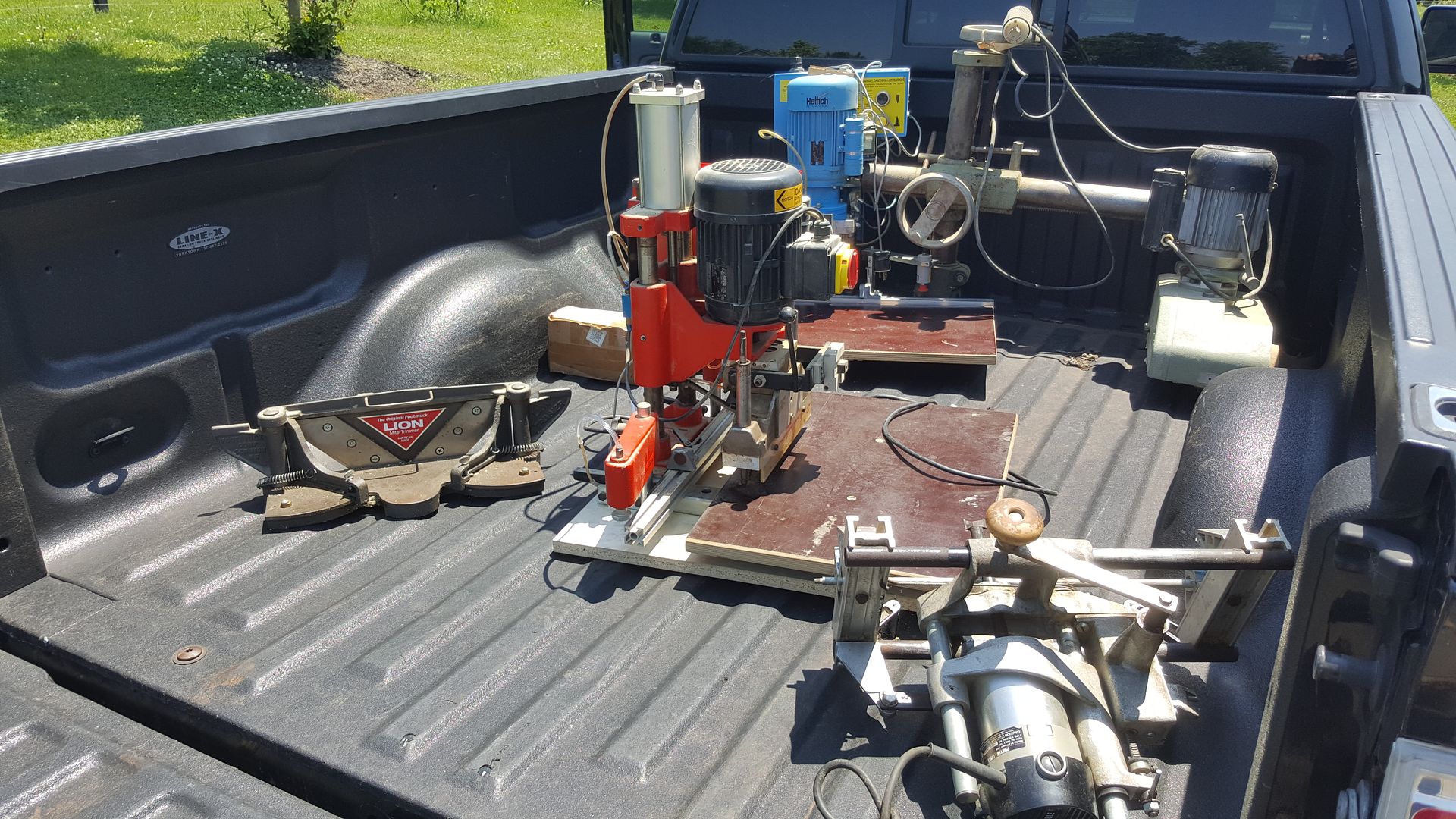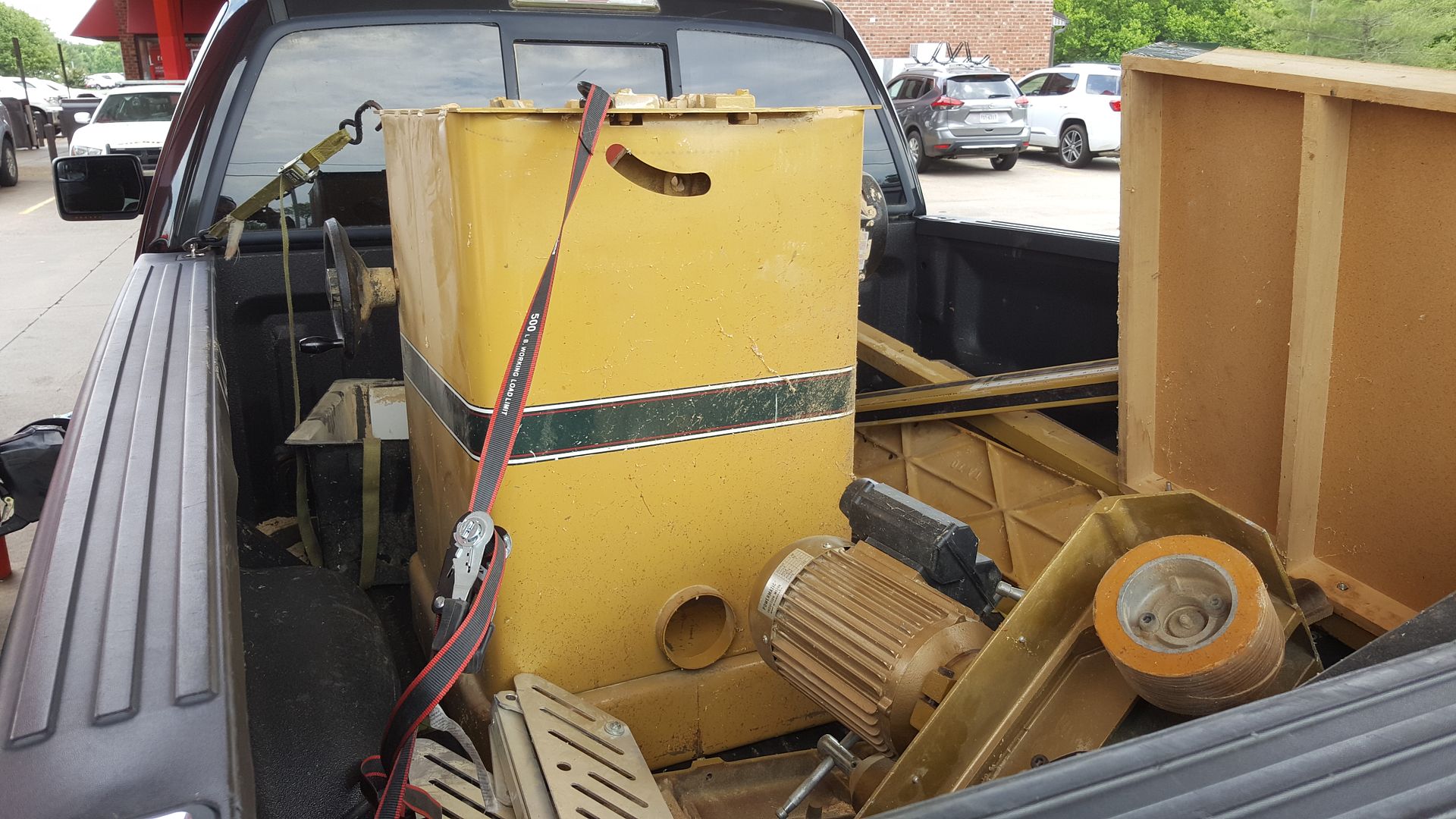What is the benefit of having a well equipped router table versus an entry level shaper with a router collet. Seems like you can do a lot more with a shaper.
A brand name router, table, lift, etc.. (woodpecker for example) appears to cost whole a lot more than buying an entry level shaper new or a heftier used machine. I realize shaper tooling is expensive, but what if you were going to use it mostly with the router collet and bits? Seems like a no brainer, what am I missing? Ease of use?
Realize that I have owned neither. I have a 1980ís craftsman router table that is crazy, loud, not the most accurate, and scary at times. But I get by as a hobbyist.
If if I was to upgrade, why go better router rather than a nice heavy old shaper, with a cast iron table, cabinet, and better motor, with appropriate router capabilities? For furniture and small item building? Thanks




 Reply With Quote
Reply With Quote





